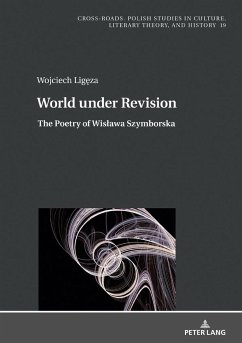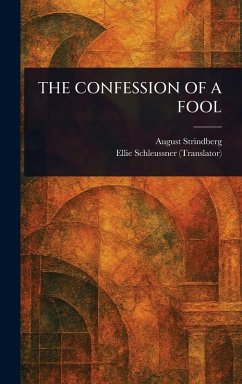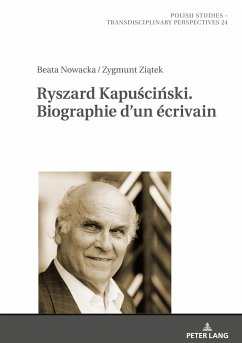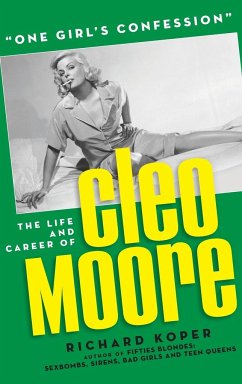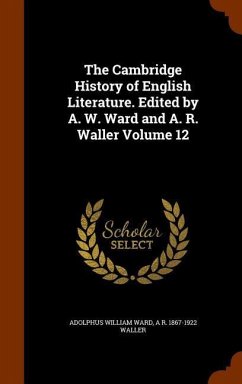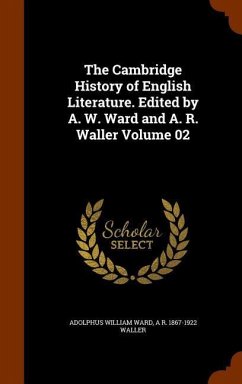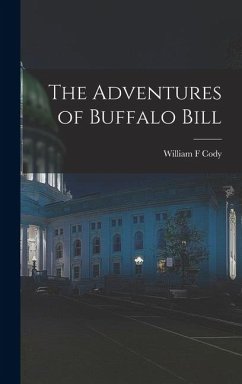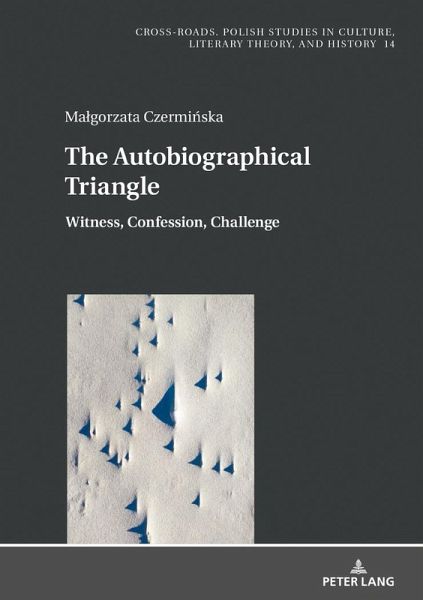
The Autobiographical Triangle
Witness, Confession, Challenge
Herausgegeben: Nycz, Ryszard;Mitarbeit: Ward, Jean

PAYBACK Punkte
0 °P sammeln!
Critical revised edition and translation by Jean WardThis book presents a universal theory of autobiography, defined as a "triangular" form of utterance involving three different stances. It is a personal testimony to experiences lived through, a confession of intimate inner experience and a challenge addressed to the reader to engage in dialogue, enter into an argument or join in a game. The stances of witness, confession and challenge are always present, though usually one of them overshadows the other two. Polish memoirs, diaries and letters, as well as novels of a clearly personal characte...
Critical revised edition and translation by Jean Ward
This book presents a universal theory of autobiography, defined as a "triangular" form of utterance involving three different stances. It is a personal testimony to experiences lived through, a confession of intimate inner experience and a challenge addressed to the reader to engage in dialogue, enter into an argument or join in a game. The stances of witness, confession and challenge are always present, though usually one of them overshadows the other two. Polish memoirs, diaries and letters, as well as novels of a clearly personal character, are interpreted here in the context of the most important autobiographical texts of European literature. In the background, also, the historical events which have powerfully stamped Polish culture in the last two centuries are discreetly shown.
This book presents a universal theory of autobiography, defined as a "triangular" form of utterance involving three different stances. It is a personal testimony to experiences lived through, a confession of intimate inner experience and a challenge addressed to the reader to engage in dialogue, enter into an argument or join in a game. The stances of witness, confession and challenge are always present, though usually one of them overshadows the other two. Polish memoirs, diaries and letters, as well as novels of a clearly personal character, are interpreted here in the context of the most important autobiographical texts of European literature. In the background, also, the historical events which have powerfully stamped Polish culture in the last two centuries are discreetly shown.







